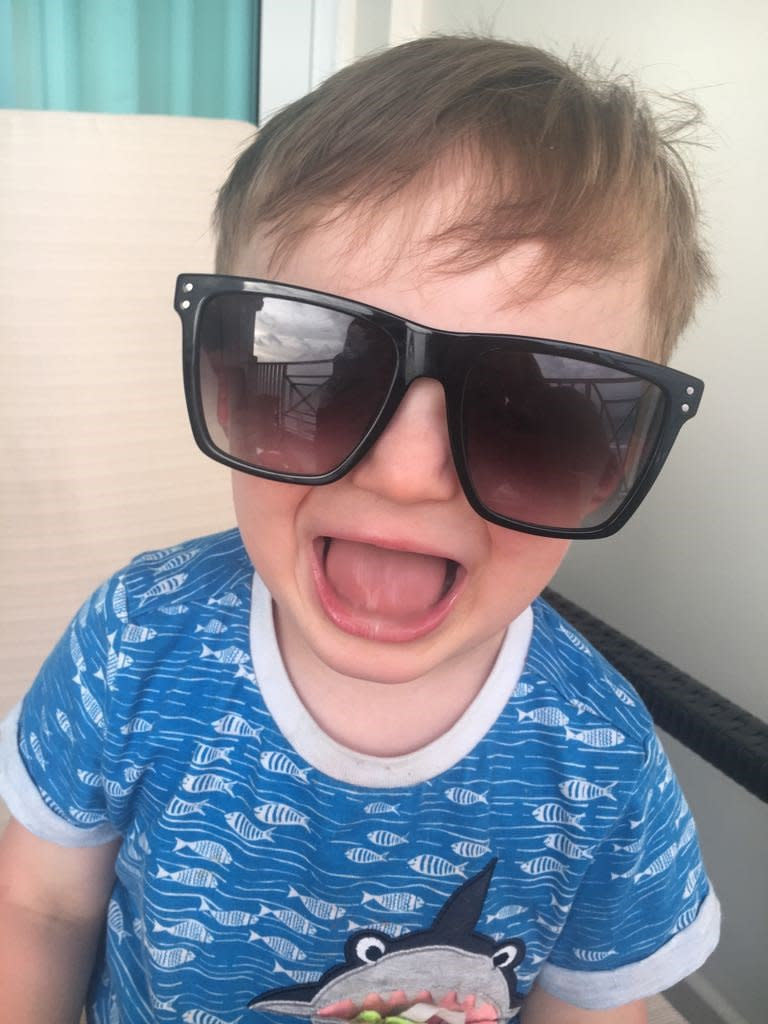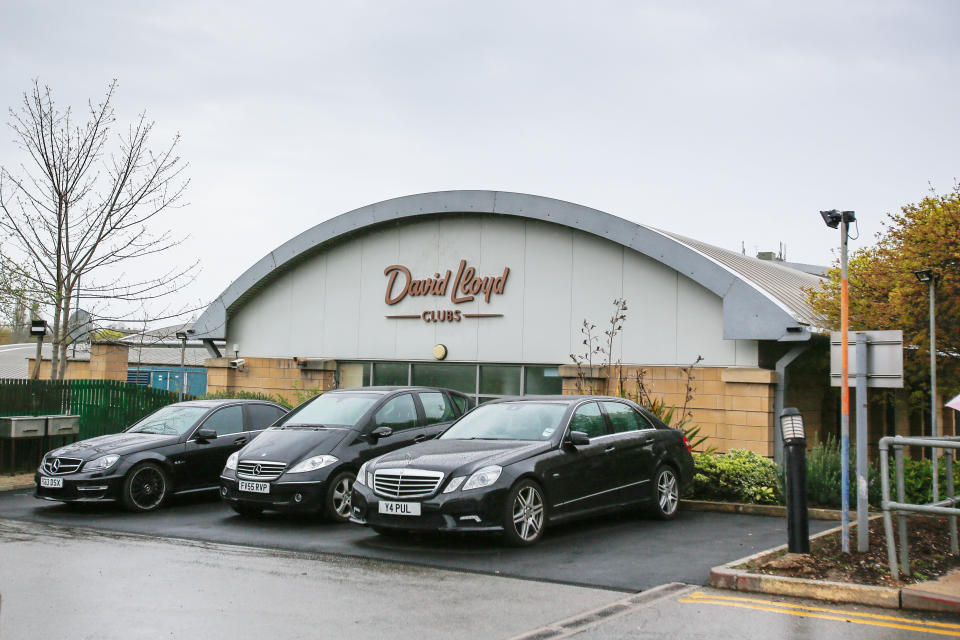David Lloyd Leisure to be prosecuted after boy, 3, drowned in pool

Leeds City Council has said it will prosecute David Lloyd Leisure after a three-year-old boy drowned in one of the company’s swimming pools.
The death of Rocco Wright at a David Lloyd centre in Moortown, Leeds, in April 2018 was an accident, a jury concluded at an inquest on Monday.
His parents have raised fears about health and safety there while the company has denied it had skimped on its lifeguard staff.
On Monday, Leeds City Council said in a statement it believes the firm has committed offences under the Health and Safety at Work Act 1974.

A Leeds City Council spokesman said it had carried out an investigation and added it “intend(s) to prosecute in the near future”.
“We will keep in regular contact with the family and ensure they are informed and supported throughout this next stage,” the spokesman said.
Speaking outside Wakefield Coroner’s Court, Natalie Marrison, who represents Rocco’s parents, said the family back the planned prosecution.
Marrison said: “The inquest has heard evidence which raises serious concerns surrounding health and safety at the swimming pool at the David Lloyd club in Leeds in April 2018.”
This includes the visibility available to lifeguards at the pool and the number on duty.
A spokeswoman for David Lloyd said health and safety was the company’s first priority and that it was “unaware on what basis” Leeds City Council intends to prosecute it.
Read more: Death of boy in David Lloyd pool 'could have been prevented', says father
“David Lloyd Leisure never places profit above safety,” she said, adding that lifeguarding had been invested in before the accident.
“David Lloyd Leisure would like to express our deepest sympathies to Rocco’s family. Our thoughts remain with them and also with those at the club who were closely involved at the time of this tragic accident.”
Last week, Rocco’s father Steven Wright told the jury his son’s death “could and should have been prevented”.

He said he took Rocco and his daughter at the pool, and had just been told his daughter’s lesson was cancelled when he noticed Rocco was not with him.
Wright began to search for his son but didn’t think he would be in the pool because he had a “natural fear of water” and would not get in by himself.
“I just saw an outline at the bottom of the pool. It was Rocco,” he said.
He dived in to pull his son to the side and other people came over to help him. The inquests’ coroner, Jonathan Leach, told the jury that Rocco is thought to have been in the water for at least two minutes before being pulled out.
Rocco was put on a ventilator in hospital but pronounced dead the next day. His organs have been used to save a number of other lives.
His mother Catharine Wright said Rocco was “the most amazing, happy, joyful boy you could ever wish to meet”.
The only lifeguard on duty at the time was 17 when the incident happened, and worked part-time. Billy Jayne, now 19, said he first became aware of what had happened when he saw someone jump into the pool and heard shouting.
He said he ran from his chair to help Rocco at the poolside.
Speaking last week, David Lloyd director Stephen Brown denied the lifeguard budget had been cut at the Leeds centre – a claim made earlier in the hearing – insisting the budget had gone “significantly up”.
Brown denied David Lloyd had a policy of employing young lifeguards because they were cheaper.
He told jurors that the company policy is to allow a single lifeguard to watch over a maximum of 50 people, a figure set up to 20 years earlier and not reviewed since.
Brown said: “It’s never been the source of any challenge by any external authorities. We have not had any complaints around that number of 50 before, and so it remains.”


